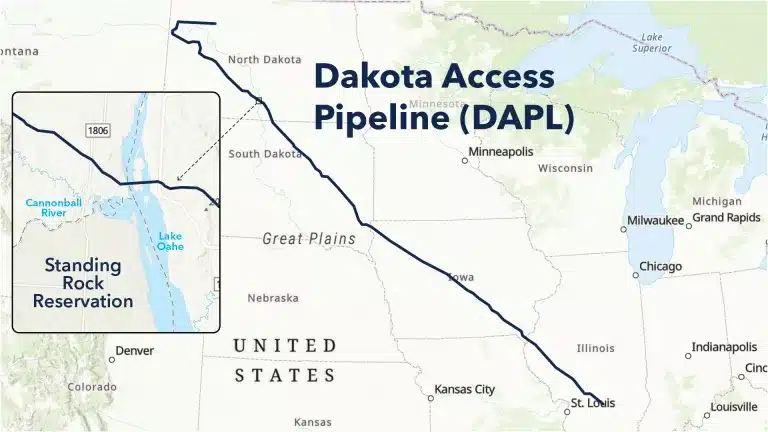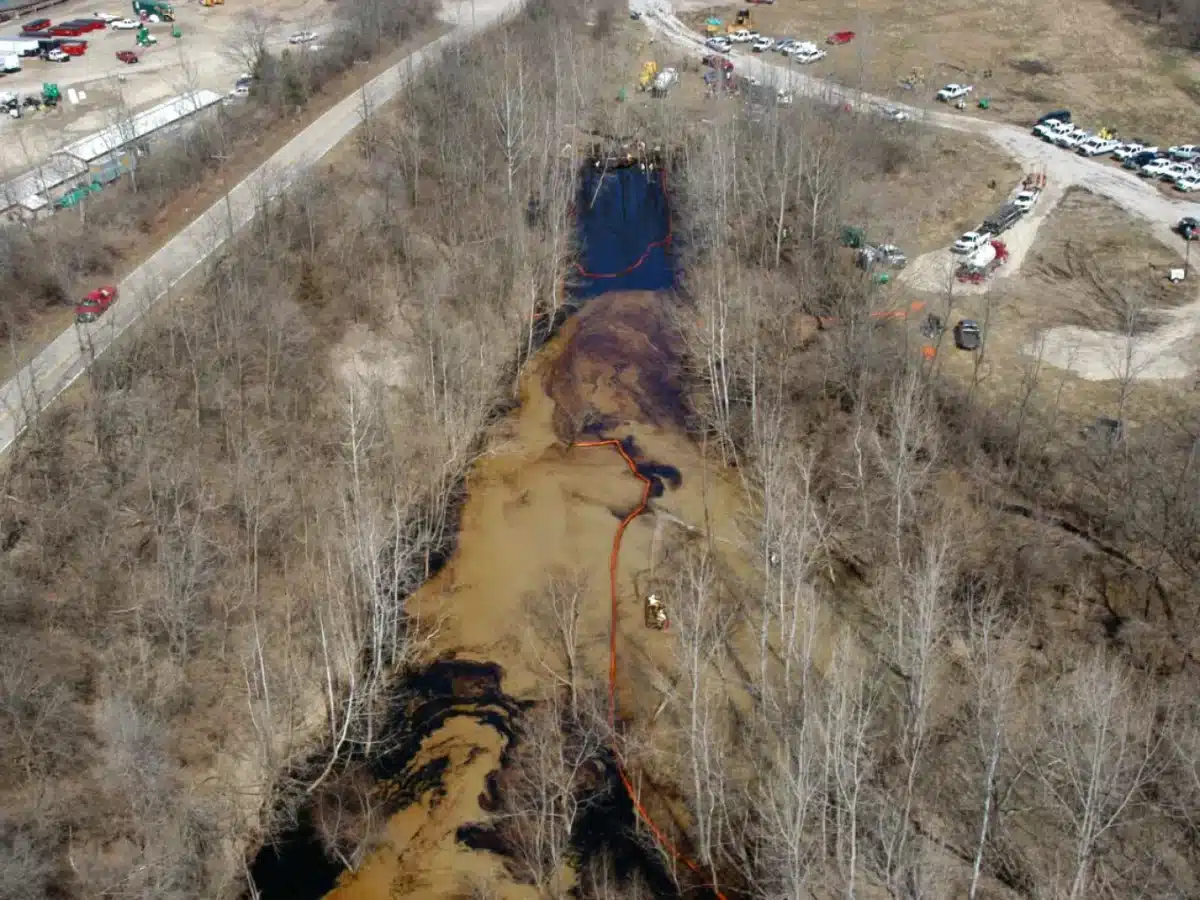SPACE/COSMOS
Unlocking the secrets of the Sun’s poles
image:
Image courtesy of Zhenyong Hou and Jiasheng Wang at Peking University
view moreCredit: Beijing Zhongke Journal Publising Co. Ltd.
The Sun’s poles are one of the last uncharted frontiers in solar physics. While space-based satellites and ground-based telescopes have provided extraordinary views of the solar surface, atmosphere, and magnetic field, our vantage point has usually been constrained to the ecliptic plane — the thin slice of space in which the Earth and most other planets orbit around the Sun. This perspective leaves the high-latitude polar regions of the Sun poorly observed and understood. Yet, the magnetic fields and dynamic processes in these regions play a crucial role in the solar magnetic cycle and in supplying mass and energy to the fast solar wind, ultimately being vital in controlling solar activities and driving space weather.
Why the Poles Matter
At first glance, the Sun’s poles may appear quiet compared to the active regions located approximately between latitudes of ±35°, where sunspots, solar flares, and coronal mass ejections (CMEs) dominate. However, the magnetic fields in the solar polar regions participate in the solar global dynamo process and may serve as a seed field for the subsequent solar cycle, characterizing the solar dipole magnetic field. Additionally, the in-situ measurements obtained by the Ulysses spacecraft reveal that the fast solar wind largely originates from big coronal holes in the polar regions. Thus, understanding the Sun’s poles is essential for answering three of the most pressing questions in solar physics:
- How does the solar dynamo work and drive the solar magnetic cycle?
The solar magnetic cycle refers to the periodic variation in sunspot number on the solar surface, typically on a time scale of approximately 11 years. During each cycle, the Sun’s magnetic poles undergo a reversal, with the magnetic polarities of the north and south poles switching. The Sun’s global magnetic fields are generated through a dynamo process. Key to this process are the differential rotation of the Sun that generates the active regions, and the meridional circulation that transport magnetic flux toward the poles. Yet, decades of helioseismic investigations have revealed conflicting results about the flow patterns deep within the convection zone. Some studies even suggest poleward flows at the base of the convection zone, challenging the classical dynamo models. High-latitude observations of the magnetic fields and plasma motions could provide the missing evidence to refine or rethink these models.
- What drives the fast solar wind?
The fast solar wind - a supersonic stream of charged particles - originates primarily from the polar coronal holes, and permeates the majority of the heliospheric volume, dominating the physical environment of interplanetary space. However, critical details regarding the origin of this wind remain unresolved. Does the wind originate from dense plumes within coronal holes or from the less dense regions between them? Are wave-driven processes, magnetic reconnection, or some combination of both responsible for accelerating the plasma in the wind? Direct polar imaging and in-situ measurements are required to settle the debate.
- How do space weather events propagate through the solar system?
Heliospheric space weather refers to the disturbances in the heliospheric environment caused by the solar wind and solar eruptive activities. Extreme space weather events, such as large solar flares and CMEs, can significantly trigger space environmental disturbances such as severe geomagnetic and ionospheric storms, as well as spectacular aurora phenomena, posing a serious threat to the safety of high-tech activities of human beings. To accurately predict these events, scientists must track how magnetic structures and plasma flows evolve globally, not just from the limited ecliptic view. Observations from vantage point out of the ecliptic would provide an overlook of the CME propagation in the ecliptic plane.
Past Efforts
Scientists have long recognized the importance of solar polar observations. The Ulysses mission, launched in 1990, was the first spacecraft to leave the ecliptic plane and sample the solar wind over the poles. Its in-situ instruments confirmed key properties of the fast solar wind but lacked imaging capability. More recently, the European Space Agency’s Solar Orbiter has been gradually moving out of the ecliptic plane and is expected to reach latitudes of around 34° in a few years. While this represents a remarkable progress, it still falls far short of the vantage needed for a true polar view.
A number of ambitious mission concepts have been proposed over the past decades, including the Solar Polar Imager (SPI), the POLAR Investigation of the Sun (POLARIS), the Solar Polar ORbit Telescope (SPORT), the Solaris mission, and the High Inclination Solar Mission (HISM). Some envisioned using advanced propulsion such as solar sails to reach high inclinations. Others relied on gravity assists to incrementally tilt their orbits. Each of these missions would carry both remote-sensing and in-situ instruments to image the Sun’s poles and measure key physical parameters above the poles.
The SPO Mission
The Solar Polar-orbit Observatory (SPO) is designed specifically to overcome the limitations of past and current missions. Scheduled for launch in January 2029, SPO will use a Jupiter gravity assist (JGA) to bend its trajectory out of the ecliptic plane. After several Earth flybys and a carefully planned encounter with Jupiter, the spacecraft will settle into a 1.5-year orbit with a perihelion of about 1 AU and an inclination of up to 75°. In its extended mission, SPO could climb to 80°, offering the most direct view of the poles ever achieved.
The 15-year lifetime of the mission (including an 8-year extended mission period) will allow it to cover both solar minimum and maximum, including the crucial period around 2035 when the next solar maximum and expected polar magnetic field reversal will occur. During the whole lifetime, SPO will repeatedly pass over both poles, with extended high-latitude observation windows lasting more than 1000 days.
The SPO mission aims at breakthroughs on the three scientific questions mentioned above. To meet its ambitious objectives, SPO will carry a suite of several remote-sensing and in-situ instruments. Together, they will provide a comprehensive view of the Sun’s poles. The remote-sensing instruments include the Magnetic and Helioseismic Imager (MHI) to measure magnetic fields and plasma flows at the surface, the Extreme Ultraviolet Telescope (EUT) and the X-ray Imaging Telescope (XIT) to capture dynamic events in the solar upper atmosphere, the VISible-light CORonagraph (VISCOR) and the Very Large Angle CORonagraph (VLACOR) to track the solar corona and solar wind streams out to 45 solar radii (at 1 AU). The in-situ package includes a magnetometer and particle detectors to sample the solar wind and interplanetary magnetic field directly. By combining these observations, SPO will not only capture images of the poles for the first time but also connect them to the flows of plasma and magnetic energy that shape the heliosphere.
SPO will not operate in isolation. It is expected to work in concert with a growing fleet of solar missions. These include the STEREO Mission, the Hinode satellite, the Solar Dynamics Observatory (SDO), the Interface Region Imaging Spectrograph (IRIS), the Advanced Space-based Solar Observatory (ASO-S), the Solar Orbiter, the Aditya-L1 mission, the PUNCH mission, as well as the upcoming L5 missions (e.g., ESA’s Vigil mission and China’s LAVSO mission). Together, these assets will form an unprecedented observational network. SPO’s polar vantage will provide the missing piece, enabling nearly global 4π coverage of the Sun for the first time in human history.
Looking Ahead
The Sun remains our closest star, yet in many ways it is still a mystery. With SPO, scientists are poised to unlock some of its deepest secrets. The solar polar regions, once hidden from view, will finally come into focus, reshaping our understanding of the star that sustains life on Earth.
The implications of SPO extend far beyond academic curiosity. A deeper understanding of the solar dynamo could improve predictions of the solar cycle, which in turn affect space weather forecasts. Insights into the fast solar wind will enhance our ability to model the heliospheric environment, critical for spacecraft design and astronaut safety. Most importantly, better monitoring of space weather events could help protect modern technological infrastructure — from navigation and communications satellites to aviation and terrestrial power systems.
See the article:
Probing Solar Polar Regions https://www.cjss.ac.cn/cn/article/doi/10.11728/cjss2025.04.2025-0054
Journal
Chinese Journal of Space Science
Article Title
Probing Solar Polar Regions
Northern Lights feature in today’s weather report… from a rogue planet
Trinity College Dublin
image:
An artistic impression of SIMP-0136.
view moreCredit: Dr Evert Nasedkin
Strong Northern Lights-like activity is the standout feature of today’s weather report, which is coming at you from a strange, extrasolar world, instead of a standard TV studio. That is thanks to astronomers from Trinity College Dublin, who used the NASA/ESA/CSA James Webb Space Telescope to take a close look at the weather of a toasty nearby rogue planet, SIMP-0136.
The exquisite sensitivity of the instruments on board the space-based telescope enabled the team to see minute changes in brightness of the planet as it rotated, which were used to track changes in temperature, cloud cover and chemistry.
Surprisingly, these observations also illuminated SIMP-0136’s strong auroral activity, similar to the Northern Lights here on Earth or the powerful aurora on Jupiter, which heat up its upper atmosphere.
“These are some of the most precise measurements of the atmosphere of any extra-solar object to date, and the first time that changes in the atmospheric properties have been directly measured,” said Dr Evert Nasedkin, a Postdoctoral Fellow in Trinity College Dublin’s School of Physics, who is the lead author of the research article just published in leading international journal, Astronomy & Astrophysics.
“And at over 1,500 °C, SIMP-0136 makes this summer’s heat wave look mild,” he continued. “The precise observations we made meant we could accurately record temperature changes smaller than 5 °C. These changes in temperature were related to subtle changes in the chemical composition of this free-floating planet, which is suggestive of storms – similar to Jupiter’s Great Red Spot – rotating into view.”
Another surprise finding was the lack of variability of the clouds on SIMP-0136. One might expect changes in the cloud coverage to lead to changes in the atmosphere, similar to observing patches of clouds and blue sky here on Earth. Instead, the team found that the cloud coverage was constant over the surface of SIMP-0136. At the temperatures of SIMP-0136 these clouds are unlike those on earth, instead composed of silicate grains, similar to sand on a beach.
This is the first publication from the new ‘Exo-Aimsir’ group led by Prof. Johanna Vos in Trinity’s School of Physics, and includes contributions from all the group members, including PhD candidates Merle Schrader, Madeline Lam and Cian O’Toole.
These data were initially published by a similar team led by Allison McCarthy at Boston University, but the new analysis has revealed more details about the atmosphere.
“Different wavelengths of light are related to different atmospheric features. Similar to observing the changes in colour over the surface of the earth, the changes in the colour of SIMP-0136 are driven by changes in the atmospheric properties,” added Dr. Nasedkin. “So by using cutting-edge models, we could infer the temperature of the atmosphere, the chemical composition, and the position of the clouds.”
Prof. Vos said: “This work is exciting because it shows that by applying our state-of-the-art modelling techniques to cutting-edge datasets from JWST, we can begin to piece together the processes that drive weather in worlds beyond our solar system. Understanding these weather processes will be crucial as we continue to discover and characterise exoplanets in the future.”
“While for now these types of spectroscopic variability observations are limited to isolated brown dwarfs, like this one, future observations with the Extremely Large Telescope and eventually the Habitable Worlds Observatory will enable the study of the atmospheric dynamics of exoplanets, from Jupiter-like gas giants to rocky worlds.”
On the right we see the changes in brightness observed during a single rotation period as observed with the NIRSpec/PRISM instrument on board the James Webb Space Telescope. These small changes in the brightness are the key to understanding the different physical processes that cause the variability, including changes in the temperature and heating from an aurora.
Credit
Dr Evert Nasedkin.
Journal
Astronomy and Astrophysics
Framatome and ENEA aim to power Moon settlements

The memorandum of understanding covers three areas: studies regarding the fuel required for the reactor, with a view to ensuring both efficiency and safety; the development of new materials capable of withstanding the extreme conditions in space; and the use of additive manufacturing for reactor components.
Framatome said that "with the equivalent of 14 Earth-days of darkness each lunar night and temperatures of -130°C on the lunar surface, nuclear power will give us the means to stay for extended periods in space by providing a a safe, reliable long-lasting source of energy".
Grégoire Lambert, Vice President of Framatome Space, said: "The overall success of such developments will require different European competencies; we are happy to be part of the adventure."
Alessandro Dodaro, Director of ENEA's Nuclear Department, said: "Pooling and integrating our expertise together with Framatome is a stepping stone for increasing the international outreach of our activities on surface nuclear reactors, which is a precondition for success in such a complex technological endeavour. Furthermore, the collaboration will enable the development of even more competitive technical solutions so to push further the industrial maturity of the sector."
There are a number of different projects looking at using nuclear technology to power future infrastructure and settlements on the Moon, with Framatome saying: "This agreement marks an essential stage in space exploration and the sustainable use of lunar resources. Increasing the technological maturity of nuclear reactors for surface applications will widen Europe's portfolio of knowledge and capabilities, a vital asset in the race to return of humans to the Moon and in preparing for future voyages to Mars."









